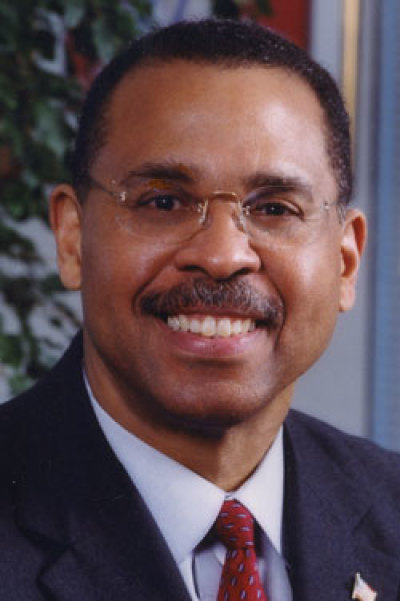Time to Reverse America's Innovation Decline

America's position as the world's innovation leader is in peril. A decade of bad public policy combined with a judiciary that fundamentally misunderstands the importance of intellectual property protection have driven this downward spiral. Fortunately, recent moves in Congress and a change in administration are sending signals that we have a chance to turn the tide.
We are ceding important ground to other nations like Germany, England, and even China and we are doing so voluntarily. Indeed, the current innovation crisis is a problem of our own creation. Instead of supporting American inventors and strengthening intellectual property rights, in recent years some in Congress had continued to push for more policy changes that would further discourage innovation and domestic investment. This disturbing trend must be reversed.
Why should this be considered a crisis? In 2018, the U.S. Chamber of Commerce's Global Intellectual Property Center (GIPC) released their International IP index. Regarding patent system strength, GIPC ranked the United States 12th globally. This is down from 10th last year and 1st in every edition prior to that. This isn't surprising if you consider that our patent system has been under direct attack by legislators, judges, and foreign nations for years. This, in and of itself, should alarm policy makers in D.C.
The decline of our patent system's strength, however, is not inevitable. During the Reagan presidency, we faced a similar situation. Japan was thought to be the leading threat to America's global innovation leadership. Today that threat comes from China and South Korea. The Reagan administration – through a commission on industrial competitiveness - took steps to turn this around by making significant changes to strengthen patent protections (and along with property rights protections), reduce regulatory barriers and enhance rules based foreign trading.
It's time for us to take steps to protect American innovation again. Fortunately, some members of Congress have begun to take action. Recently, my fellow Ohioan Rep. Steve Stivers (R-OH) joined with Rep. Bill Foster (D-IL) and other members on both sides of the aisle to introduce the STRONGER Patents Act – which seeks to strengthen America's weakened patent system and restore our leadership in global innovation.
The legislation, which joins a Senate version sponsored by Sen. Tom Cotton (R-AR) and Sen. Chris Coons (D-DE), would "restore patents as property rights, make standards of protections in courts uniform, and protect start-ups from being out-resourced by technology incumbents." These bills would reform the out of control Patent Trial and Appeal Board, which has become known as a "patent death squad" by experts and would strengthen the ability of patent holders to protect their innovations.
The STRONGER Patents Act reflects an understanding of the unique challenges inventors face and fully appreciates the important role strong patent protections have in our innovation economy. The barriers American innovators face in maintaining global competitiveness are real but not insurmountable if Congress and the Trump Administration take action. STRONGER addresses the erosion of fundamental property rights by Congress and the courts in recent years and helps swing the pendulum back towards American innovators.
In addition to the congressional moves, President Trump recognizes better than anyone that the future of American leadership depends on staying ahead of both our friends and our foes. On trade policy, Trump has challenged conventional wisdom and put China on notice that intellectual property theft will be met with American strength and resolve.
In a positive sign, President Trump's newly-confirmed director of the Patent and Trademark Office (PTO), Andrei Iancu, seems to understand that America's patent system is in decline and that the PTO can be a force in reversing this trend. At a recent address to the U.S. Chamber of Commerce's Patent Policy Conference, Director Iancu said, "[a]s a nation, we cannot continue down the same path if we want to maintain our global economic leadership. And we will not continue down the same path. This administration has a mission to create sustained economic growth, and innovation and IP protection are key goals in support of that mission."
Our innovation slide can be turned around. Making pro-IP policy a priority would send a signal to the world that we are not going to willingly give up our historic competitive innovation advantage.
If we fail to address the nation's slide regarding IP protections, there will be further consequences. We're already seeing inventors trying to obtain patents in countries who have strong patent protection regimes that include injunctive relief for patent holders. And venture capitalists are moving their investment to inventors holding patents in countries who have strong patents. The message? Strong patents spur research, development, innovation, and investment.
However, if we continue on the path that the administration and members of Congress supporting STRONGER are beginning to chart, we can be assured that the United States will once again be the best place to innovate.


























